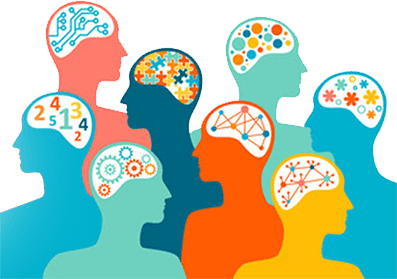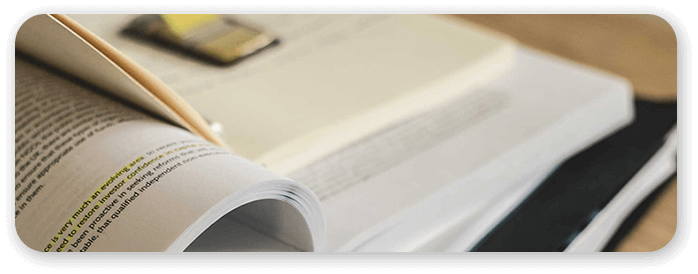Singapore Brain Development Centre
Our Location
1 GOLDHILL PLAZA #01-11 S(308899)
DYSLEXIA TEST & TREATMENT IN SINGAPORE

SCHEDULE A COMPLIMENTARY CONSULTATION
DYSLEXIA TEST & TREATMENT
Help for Reading Problems & Dyslexia

Reading plays a fundamental role in a child’s learning journey. During the early years, from birth to age 7, the development of key functional skills is essential for a child’s overall growth. Delays in the development of these skills can contribute to various learning difficulties.
Dyslexia is a specific learning disorder that affects reading, writing, and spelling. It occurs when the brain struggles to process and interpret information received through the eyes and ears, leading to challenges in understanding and using written language. Dyslexia is a lifelong condition that is prevalent worldwide.
Internationally, it is estimated that 4% to 10% of the population has dyslexia, and in Singapore, approximately 20,000 students in primary and secondary schools are diagnosed with dyslexia. Identifying dyslexia is not always evident just by looking at a child, and they may initially cope well in school. However, as the demands of reading and writing increase, they may struggle, leading to potential self-esteem issues and behavioural problems if left untreated.
It is important to address dyslexia early on by seeking a dyslexia assessment and treatment program. Without proper support, children with dyslexia may be misunderstood as careless or inattentive, which can negatively impact their self-esteem and lead to behavioural issues. Strong cognitive skills, particularly visual and auditory processing skills, are essential for successful reading. By understanding and addressing the specific needs of children with dyslexia, appropriate interventions and support can be provided to enhance their reading skills and overall academic progress.
Common Signs of Dyslexia
Dyslexia can manifest in different ways and vary in severity among individuals. It is important to be aware of the signs that may indicate a potential dyslexia assessment in a child. Some common signs to look out for include:
- Inaccurate reading and spelling
- Difficulty in matching letters to sounds when reading
- Trouble recognizing sight words, such as he, she, would, and could
- Difficulty in learning new words
- Delayed speech development
- Confusing left and right
- Reversal of numbers and letters without noticing it
- Unusually slow at remembering sets of data

Impact of Dyslexia on Development and Learning
Dyslexia not only affects academic performance but can also pose challenges in various other areas. Individuals with dyslexia may encounter difficulties in tasks related to music, balance, physical coordination, and organisational skills. These challenges can extend beyond the classroom and have an impact on daily activities and routines.
However, it’s important to recognise that dyslexia primarily affects the specific skill of reading and related language processing, rather than advanced cognitive abilities. Higher-order cognitive skills, such as reasoning, understanding, interpreting, creating, and synthesising, are generally not directly impacted by dyslexia.
Evidence-Based Brain and Literacy Program
We prioritise the use of programs that have demonstrated efficacy in enhancing phonemic awareness, phonics, decoding skills, vocabulary, fluency, and comprehension. These programs provide the necessary structure and proven methodologies to address reading difficulties and promote reading success.
- Auditory discrimination / phonemic awareness
The ability to distinguish and identify different sounds in spoken language and the understanding that spoken words are made up of individual sounds. It involves the ability to blend sounds together to form words or segment words into their individual sounds.
- Intensive Cognitive exercises
Targets the underlying cognitive processes that contribute to reading difficulties. Cognitive training programs can incorporate exercises to enhance attention and concentration skills, working memory, visual and auditory processing, executive functions, and automaticity and fluency.
- Symbol Imagery for Phonological and Orthographic Processing in Reading and Spelling
Help the mind develop the ability to correctly visualise or image letters in words and connect the image to sounds. Allows the brain to integrate and relate imagery and language to successfully overcome weaknesses in phonemic awareness, sight word reading, and spelling.
- Visualizing and Verbalizing®
Develops concept imagery—the ability to create an imagined or imaged gestalt from language—as a basis for comprehension and higher order thinking. The development of concept imagery improves reading and listening comprehension, memory, oral vocabulary, critical thinking, and writing.
A Promising Solution
Singapore Brain Centre is dedicated to supporting children with ADHD by offering evidence-based interventions and personalised support. We aim to provide realistic hope and tangible results, helping children overcome challenges, develop their strengths, and lead fulfilling lives.
Here are some key areas our program offers to lessen the symptoms of Dyslexia:
- Develops phonological awareness skills
- Builds fluency, comprehension, and vocabulary skills
- Enhance memory retention
- Improve visual processing skills
Schedule a free consultation for your child, and our consultant will work out the best solution from our wide range of intervention therapies and programs offered at Singapore Brain Development Centre.
